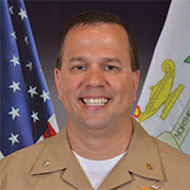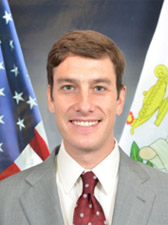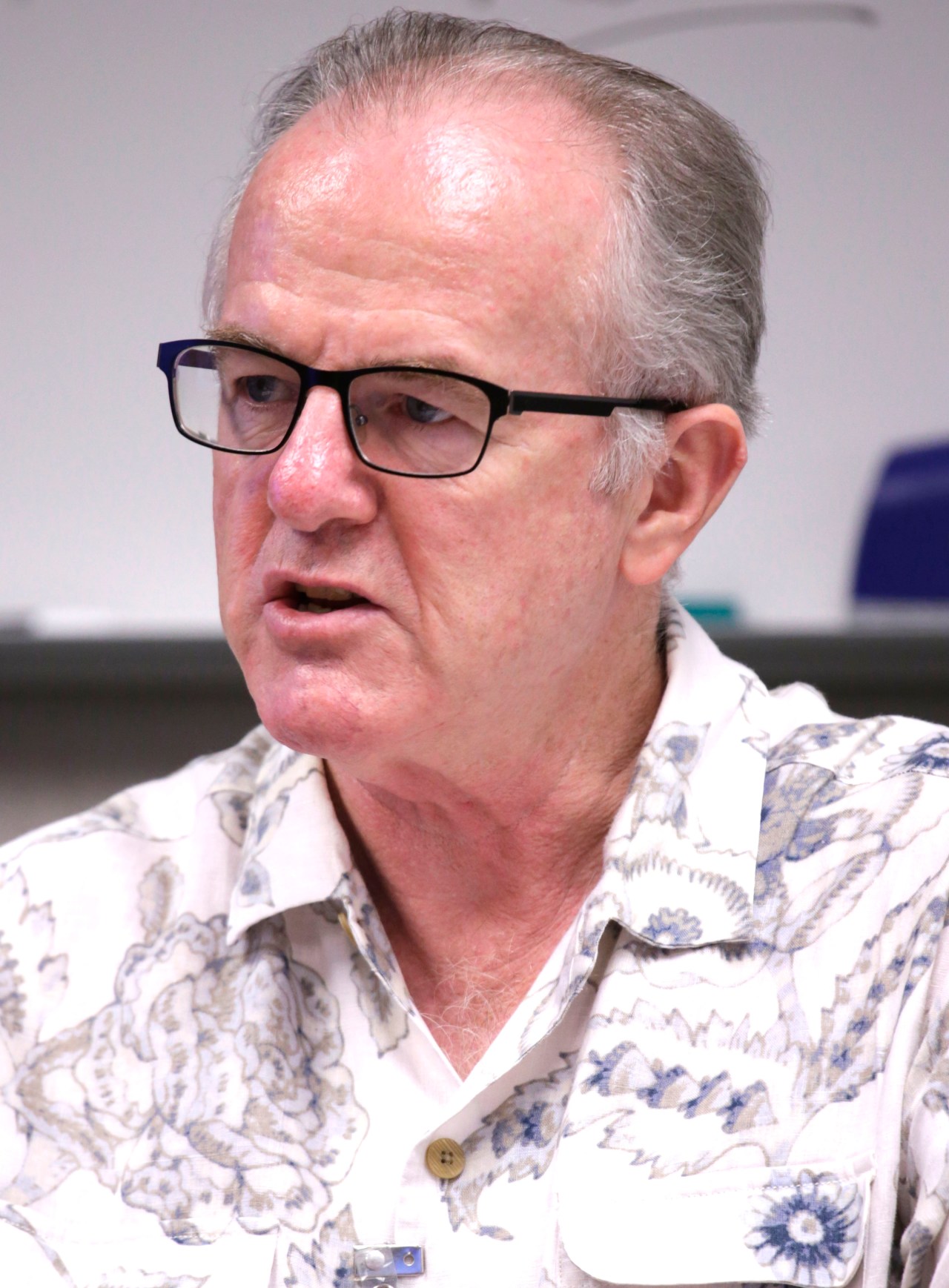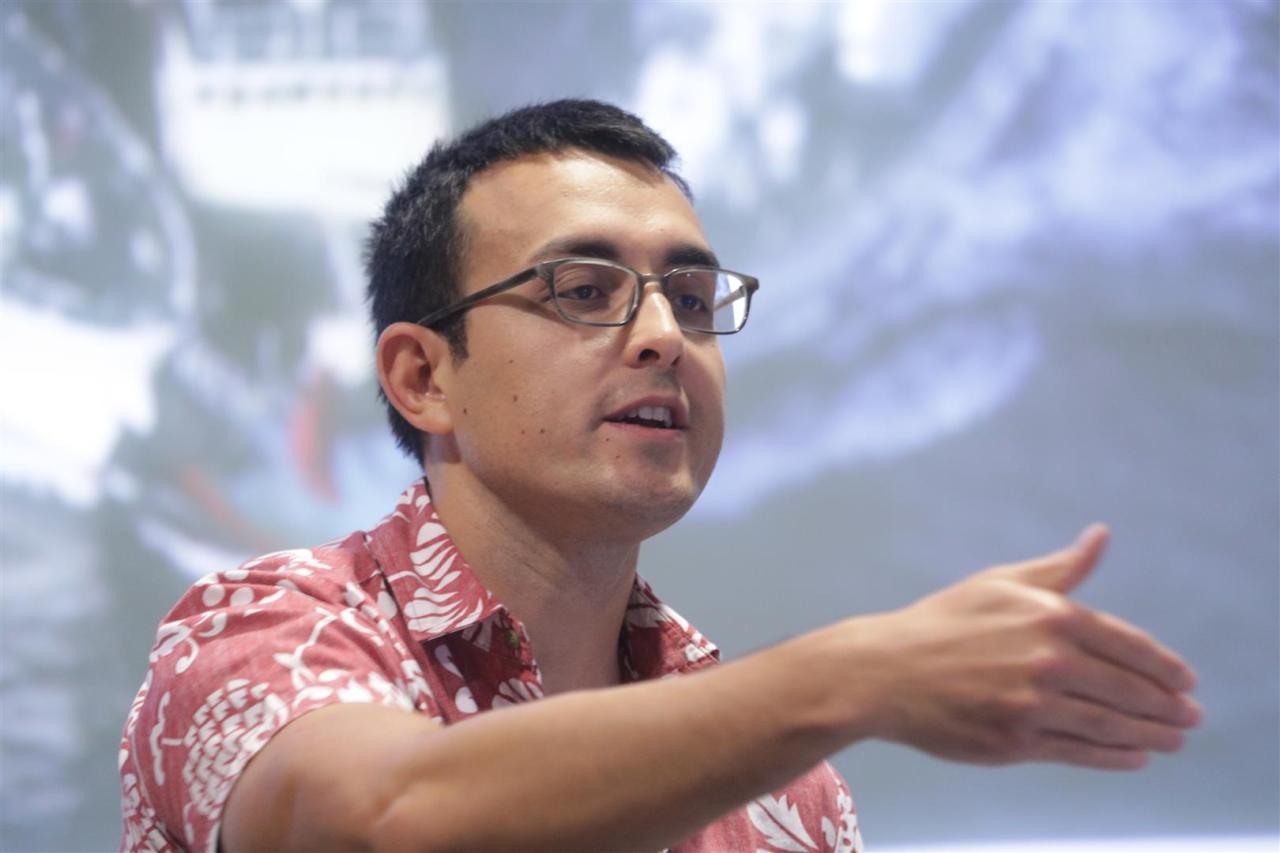APCSS Faculty
DKI APCSS supports Philippine workshop on strategic communications
In November 2016, three faculty from the Daniel K. Inouye Asia-Pacific Center for Security Studies participated in a workshop hosted by the Republic of the Philippines Department of Foreign Affairs. The two-day event was part of the DFA’s preparation and planning for the Philippines’ assumption of the ASEAN Chairmanship in 2017. Participants included 38 strategic communications specialists, public affairs officers, and communications policy officials with responsibilities in their respective organizations related in the ASEAN Chairmanship in 2017. These offices included DFA, Presidential Communications Office, and the departments of National Defense, Trade and Investment, Finance, Energy, Science and Technology, Social Welfare and [...]












